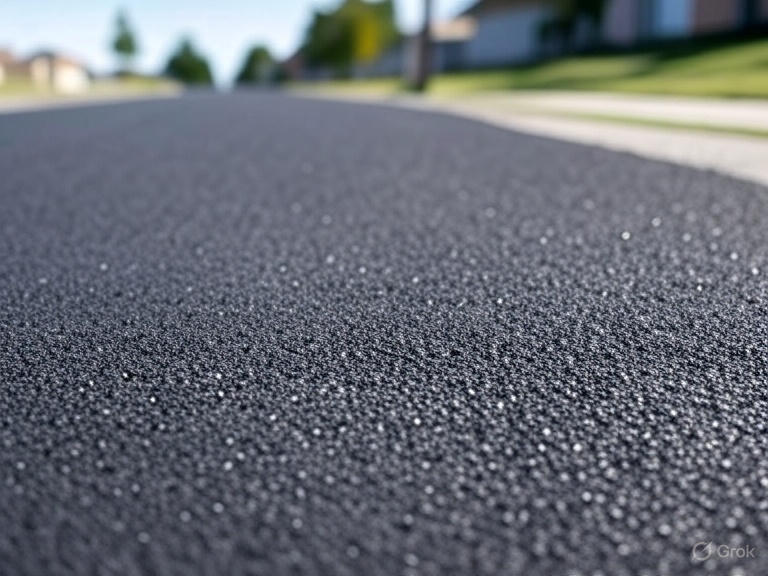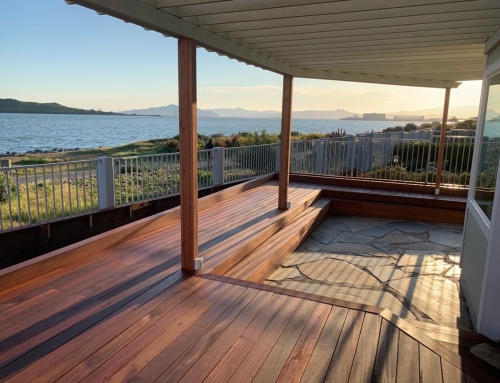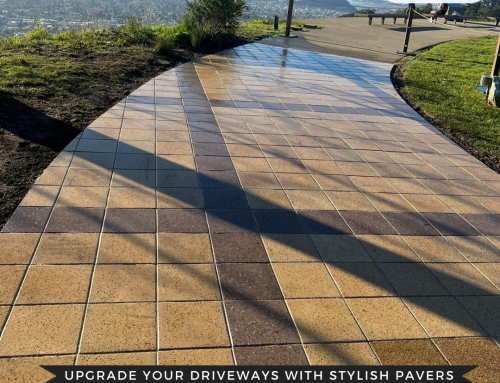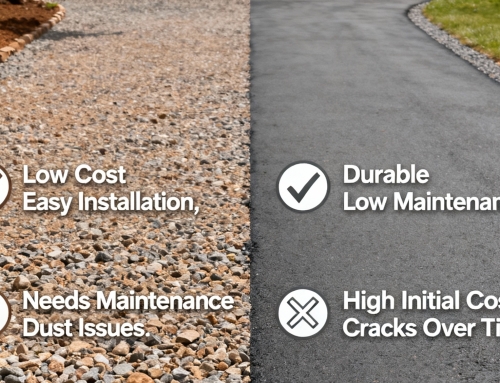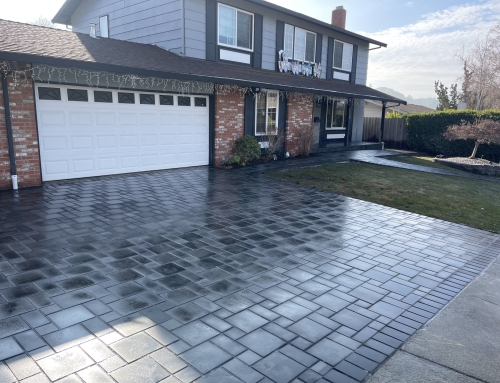When it comes to paving a driveway, parking lot, or roadway, the choices can feel overwhelming. Two of the most common terms you’ll hear from contractors are asphalt and blacktop. They might seem interchangeable, but there are key differences between the two. Add to that the questions of cost, durability, and maintenance, and it’s clear why homeowners and businesses often turn to experienced Paving Contractors for guidance.
In this guide, we’ll break down the differences between asphalt and blacktop, compare costs to other pavement types, discuss how long asphalt paving lasts, and explain how often it needs to be sealed. By the end, you’ll have the clarity you need to make an informed decision about your next paving project.
1. Understanding the Difference Between Asphalt and Blacktop
Many people use the terms asphalt and blacktop interchangeably, but they are not exactly the same thing. Both materials are made using a mixture of crushed stone and bitumen (a petroleum-based binding agent), but the proportions and application methods differ.
-
Asphalt: Asphalt paving typically uses less stone and more bitumen, creating a smoother, more durable surface. This makes asphalt ideal for high-traffic areas like roads, highways, and commercial parking lots where longevity and resistance to heavy loads are crucial.
-
Blacktop: Blacktop contains more stone (aggregate) and less bitumen, giving it a slightly rougher texture. This texture can offer more traction, making blacktop a popular choice for residential driveways and playgrounds. Blacktop is also usually heated to a higher temperature during installation, which can affect its finish and flexibility.
Key takeaway: Asphalt is more durable and suited for heavy use, while blacktop is often preferred for lighter traffic areas and projects that benefit from additional surface grip.
2. Is Asphalt Cheaper Than Pavement?
This question can be a little tricky because pavement is a broad term that refers to any hard surface created for walking or driving, including materials like asphalt, blacktop, concrete, and even paving stones.
If we compare asphalt pavement to concrete pavement—which is often what people mean when they ask this question—then yes, asphalt is generally less expensive to install.
Cost Comparison
-
Asphalt installation cost: Usually ranges from $4 to $8 per square foot, depending on location, depth, and preparation needs.
-
Concrete installation cost: Typically ranges from $8 to $15 per square foot, making it about 40–60% more expensive than asphalt in most areas.
Why Asphalt Costs Less Up Front
-
Faster Installation – Asphalt can often be laid and ready for use in as little as 24–48 hours, reducing labor costs.
-
Lower Material Costs – The ingredients for asphalt are generally less expensive to produce and transport than concrete.
-
Less Curing Time – Concrete can take up to a week to cure, while asphalt can be used shortly after application, which means fewer delays.
However, while asphalt may be cheaper initially, it does require more frequent maintenance than concrete. The cost-effectiveness comes from its ease of repair—patching asphalt is quicker and less expensive than fixing cracked or damaged concrete.
3. How Long Does Asphalt Paving Last?
A well-installed asphalt driveway or road can last anywhere from 15 to 30 years—sometimes even longer—depending on several factors:
-
Quality of Installation – Proper grading, base preparation, and compaction are crucial. Poor workmanship can lead to early cracking, potholes, and water damage.
-
Climate Conditions – Asphalt performs best in temperate climates. In areas with extreme heat or freeze-thaw cycles, the lifespan may be reduced without regular maintenance.
-
Traffic Load – Heavier vehicles and constant traffic can wear down asphalt faster.
-
Maintenance Schedule – Sealcoating, crack filling, and proper drainage can extend the lifespan significantly.
Pro tip: If you live in an area with harsh winters or heavy rains, investing in quality drainage and regular upkeep can help your asphalt last closer to the 30-year mark.
4. How Often Should Asphalt Be Sealed?
Sealcoating is one of the best ways to protect your asphalt from the elements, UV rays, and everyday wear and tear. But sealing too often—or not often enough—can impact performance.
General Sealcoating Timeline
-
First seal: Apply within 6–12 months after installation (once the asphalt has fully cured).
-
Routine sealing: Every 2–3 years after that.
Benefits of Sealcoating
-
Prevents Water Penetration – Water is the leading cause of asphalt deterioration. Once it seeps into cracks, it can freeze, expand, and cause potholes.
-
Protects from Sun Damage – UV rays can oxidize asphalt, causing it to turn gray and brittle over time.
-
Enhances Appearance – A fresh sealcoat gives asphalt a rich, black finish that looks brand new.
-
Saves Money Long-Term – Regular sealing is far cheaper than repaving or replacing asphalt.
Caution: Over-sealing can lead to surface cracking. Stick to the recommended schedule unless you have significant wear from heavy traffic or severe weather.
5. Maintenance Tips to Maximize Asphalt Lifespan
Even with proper sealing, asphalt requires ongoing care to remain in top condition. Here’s what the experts recommend:
-
Fill cracks promptly – Even small cracks can let in water, which leads to larger damage over time.
-
Clean regularly – Remove debris, dirt, and oil stains to prevent surface deterioration.
-
Avoid sharp objects and heavy point loads – Parking heavy machinery or sharp equipment directly on the surface can cause gouges.
-
Check drainage – Standing water is a major enemy of asphalt. Ensure your driveway or lot has proper grading.
-
Limit heavy traffic – If possible, avoid letting oversized trucks or RVs sit in the same spot for extended periods.
6. When to Repair vs. Replace Asphalt
At some point, every asphalt surface will need more than just patching. Knowing when to repair and when to replace can save you time and money.
Repair if:
-
Cracks are less than 1/4 inch wide.
-
Damage is localized to small areas.
-
The surface is under 15 years old and still structurally sound.
Replace if:
-
Large sections are crumbling or have alligator cracking (interconnected cracks).
-
There are drainage issues causing repeated damage.
-
The surface is more than 20–25 years old and repairs are becoming frequent.
7. Choosing the Right Contractor for Your Asphalt Project
The quality of your asphalt installation or repair depends heavily on the contractor you choose. Look for driveway contractors with a proven track record in asphalt work, not just general paving.
Here are some selection tips:
-
Check Licensing and Insurance – Always verify credentials to protect yourself from liability.
-
Ask for References – A reputable contractor will have satisfied clients who can vouch for their work.
-
Get a Detailed Estimate – This should include labor, materials, and a clear breakdown of costs.
-
Review Past Work – Look at completed projects to assess quality.
8. Asphalt vs. Other Paving Materials: A Quick Comparison
| Feature | Asphalt | Concrete | Gravel | Pavers |
|---|---|---|---|---|
| Upfront Cost | Lower | Higher | Lowest | Higher |
| Installation Speed | Fast | Slow | Fast | Moderate |
| Maintenance Needs | Moderate | Low | High | Low |
| Durability | 15–30 years | 30–50 years | 5–10 years | 25–50 years |
| Aesthetic Options | Limited | Many | Limited | Many |
| Repair Cost | Low | High | Low | Moderate |
9. Final Thoughts
Choosing between asphalt and blacktop—or deciding if asphalt is the right choice compared to other paving materials—comes down to balancing cost, durability, and maintenance. Asphalt remains a popular choice because it’s cost-effective, quick to install, and relatively easy to repair.
With proper installation and regular upkeep, you can expect your asphalt driveway or parking lot to last decades. The key is working with skilled professionals who understand the nuances of asphalt work and can guide you through both the initial installation and ongoing maintenance.
Whether you’re resurfacing a residential driveway or laying a new commercial lot, investing in quality workmanship from trusted professionals will ensure your surface stands the test of time.


